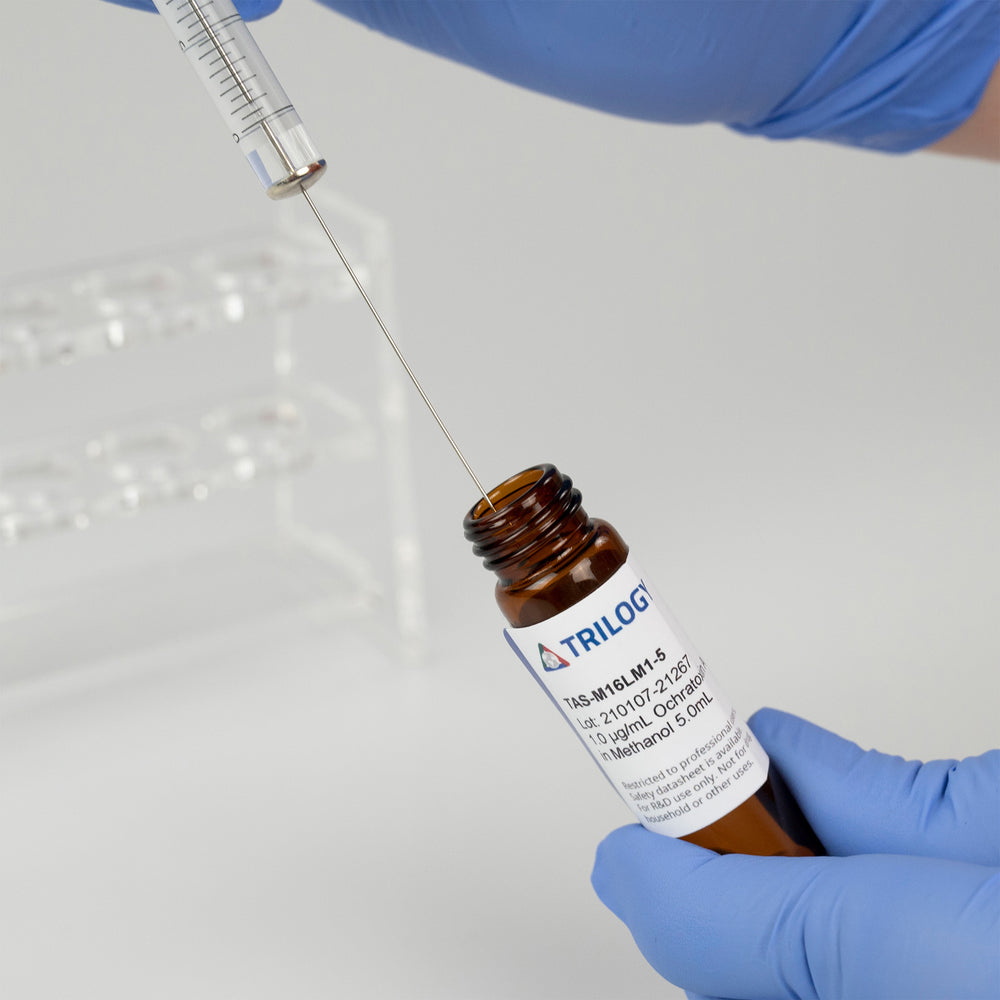Understanding Food Fraud
Jordon Bierbaum
May 23, 2017

The next time you go to the store you should ask yourself, “Is this product authentic?” Often, you may be surprised with the answer. From spices to oils to syrup, how can you be certain that the product you are buying is exactly what the label reads?

Food fraud is becoming a popular topic globally. In 2013, Europe had a considerably major scandal with beef products. Investigation led to the discovery of horsemeat in ground beef. This incident opened eyes around the world to the fundamental question asked above: “What is authentic?” The scandal also led to some inquiry on the following:
- How do we know if a product is adulterated?
- How can we test for such adulterants? (i.e. methods, instrumentation, application, etc.)
- Legally, can we make testing hold in court?
At the Food Fraud Conference this past April in Quebec City, these topics and more were discussed. The following conclusions were drawn:
It is very difficult to be able to see fraud when eyeing a product on a shelf. For instance, the oregano you are buying could be a mix of oregano and other spices. When testing, you will still see the profile for oregano, making it hard to distinguish the other spices that may be in the adulterated sample. In the news, every so often you’ll hear of a company “recalling” a product. Consider: what is a “recall?” In a sense, it is fraud. Difficulty lies in understanding whether fraud is intentional or unintentional. How do we differentiate between the two? Take the example of a pretzel company recalling a product due to the presence of peanut. Where in the supply chain was the peanut introduced? Who is to blame? These questions many not be answered easily. We can draw the conclusion that money is the driving factor in most cases of fraud, both intentional and unintentional.
As discussed at the conference, the EU (European Union), FDA, and other governmental bodies are taking a closer look at this topic than ever before. As a food safety testing laboratory, Trilogy is also committed to the fight against food fraud.
About Trilogy
Trilogy is a food and feed safety laboratory specializing in mycotoxins, mycotoxin binder analysis, biogenic amines and animal drug residue testing. Trilogy Analytical Laboratory opened its doors in 1999 when its founders recognized a need in the mycotoxin industry for quick result turn-around utilizing reliable reference methods provided in an analytical setting. One of the main pillars of Trilogy’s strategy is to operate using a comprehensive quality program that we can rely on to ensure performance parameters are met every single time. From this philosophy the Trilogy line of quality products was born with the mycotoxin industry in mind.
Media Contact: Lynette Hischier, l.hischier@trilogylab.com






